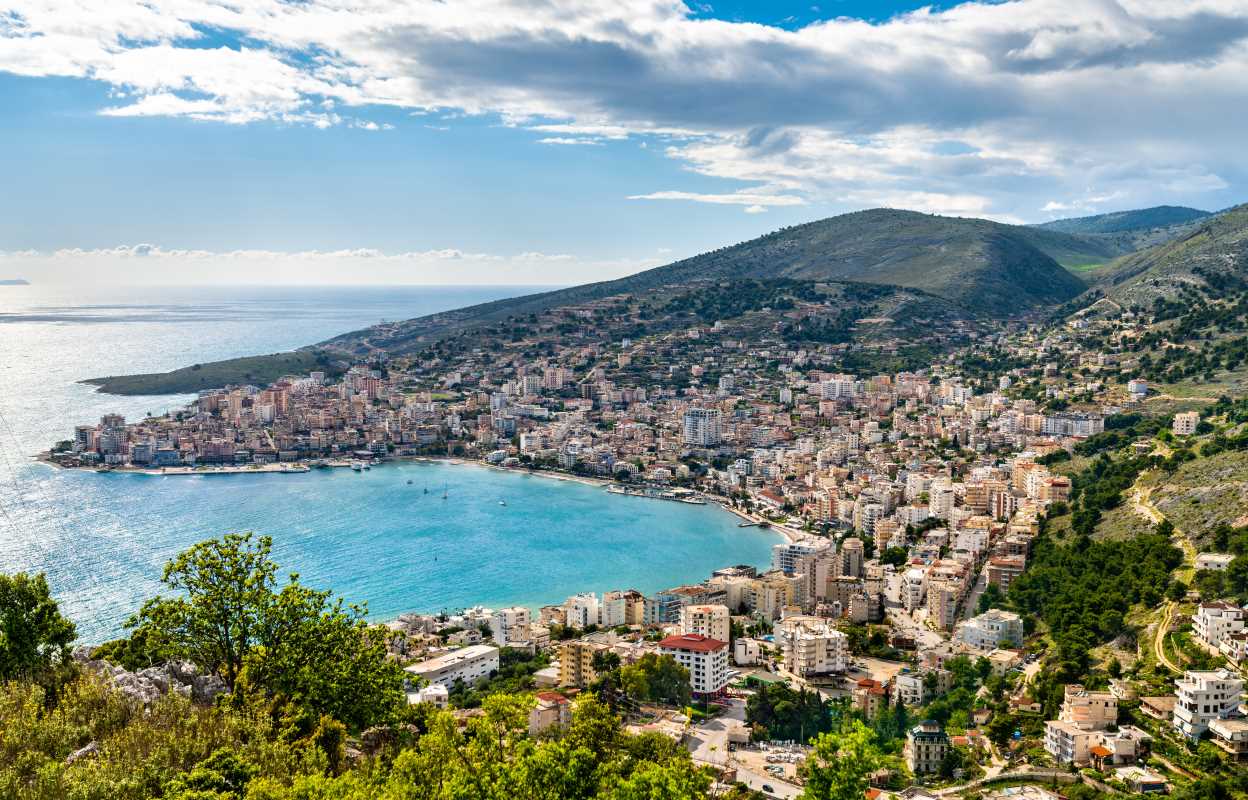Not all travel hotspots are about Instagram-worthy selfies on overcrowded streets. Some destinations are the opposite of tourist traps, thriving because of conscious travelers who bring positive impacts. These are “anti-tourism” destinations—not because they reject visitors, but because they are places where tourism genuinely helps the community and environment. Unlike popular spots struggling with overtourism, these locations welcome guests who are ready to experience their culture with respect and contribute to the local economy.
Are you looking to step off the beaten path while still leaving something good behind? Below, we’ll explore what makes a destination “anti-tourism,” share a list of fascinating spots where your visit is more than welcome, and offer tips to help you travel responsibly.
What Is an Anti-Tourism Destination?
Anti-tourism isn’t about avoiding travel altogether, but rather focusing on destinations where visitors can make meaningful connections without overburdening the locals. These places tend to attract fewer crowds, meaning a more authentic cultural experience for you and less strain on the environment.
Unlike major tourist hubs that often suffer from overcrowding and inflation, anti-tourism destinations actively encourage responsible travel. Locals in these areas often depend on tourism for financial stability, which can lead to genuine hospitality and a warm welcome for respectful travelers. Think of it as travel with a purpose, where you’re exploring the world while supporting communities in sustainable and thoughtful ways.
Destinations Where Locals Will Appreciate Your Visit
Here’s a look at some anti-tourism destinations that are worth considering for your next trip. Whether you’re in search of stunning landscapes, vibrant cultures, or unique stories, these places offer much more than just a vacation.
1. Albania
While Albania’s neighbors, like Greece and Italy, draw huge crowds, this Balkan country has remained a bit under the radar. Locals here are known for their warm hospitality, often going out of their way to help visitors feel at home.
Albania’s incredible beaches, like those along the Albanian Riviera, rival the beauty of Mediterranean hotspots, but without the overtourism. Inland, the towns of Berat and Gjirokastër offer UNESCO-protected architecture and a glimpse into Albanian history. Your visit supports small family-run guesthouses, restaurants, and tour guides, helping the local economy grow in a sustainable way.
2. Slovenia
Slovenia is a prime example of responsible tourism done right. This small European country emphasizes sustainability through its Green Scheme, which encourages eco-friendly travel options. The locals cherish their pristine environment and unique culture, and they’re eager to share it with visitors who share the same values.
From the fairytale-like Lake Bled to the rolling hills of the wine region, Slovenia offers a range of experiences. By staying at eco-certified accommodations and trying local, organic food, you can engage with the community in a way that boosts their commitment to conservation.
3. Georgia (The Country)
Nestled at the crossroads of Europe and Asia, Georgia is a hidden gem where the tourism industry is still growing in a grassroots way. The country is famous for its ancient wine production, stunning mountain ranges, and welcoming culture where guests are truly treated like family.
When you visit Georgia, you’re likely to stay in locally-owned guesthouses and dine on home-cooked meals prepared with love. Explore Tbilisi’s vibrant streets, hike in the Caucasus Mountains, or visit the Svaneti region to meet the indigenous Svan people. Your tourism dollars help preserve traditional ways of life and provide income for rural communities.
4. Rwanda
Known as the “Land of a Thousand Hills,” Rwanda has emerged as a model for sustainable tourism. The country’s famous gorilla trekking experiences are strictly regulated to protect the endangered species while bringing tourism income to local communities.
Beyond the gorillas, you can explore Kigali’s thriving art scene, visit local markets, or take part in community-based tourism initiatives in rural villages. By choosing experiences that give back, you’re directly contributing to conservation efforts and community development projects.
5. Uruguay
Often overshadowed by its larger neighbors, Argentina and Brazil, Uruguay is a South American treasure that is eager to welcome thoughtful travelers. From the laid-back beaches of Punta del Diablo to the rolling vineyards of Carmelo, there’s plenty to explore while supporting local artisans, winemakers, and farmers.
Montevideo, the country’s capital, gives you a taste of Uruguay’s vibrant culture, filled with music, food, and festivals. Travelers who take the time to connect with locals often find Uruguay to be one of the friendliest countries to visit.
How You Can Make a Positive Impact
Traveling to anti-tourism destinations is a great start, but your behavior as a traveler matters too. Here are a few simple ways to ensure your visit leaves a positive impression:
1. Support Local Businesses
Opt for locally-owned accommodations, restaurants, and shops. This ensures that your money goes directly to the community rather than large corporations.
2. Learn the Basics
A little effort goes a long way. Learn a few words of the local language, familiarize yourself with common customs, and educate yourself about the culture. This shows respect and helps create connections.
3. Reduce Your Footprint
Avoid single-use plastics, reduce waste, and be mindful of your energy and water use. Consider staying at eco-friendly properties to minimize your environmental impact.
4. Be a Respectful Guest
Follow local laws, dress appropriately, and understand cultural norms. Your respect for the community will be noticed and appreciated.
5. Travel During Off-Season
By visiting during quieter times, you can help ease seasonal strains on resources and avoid contributing to overcrowding.
Travel has the power to transform not only your life but also the lives of the people you meet. When done thoughtfully, tourism can help preserve cultures, protect environments, and provide economic opportunities for communities that might not have many other options.
 (Image via
(Image via





.jpg)